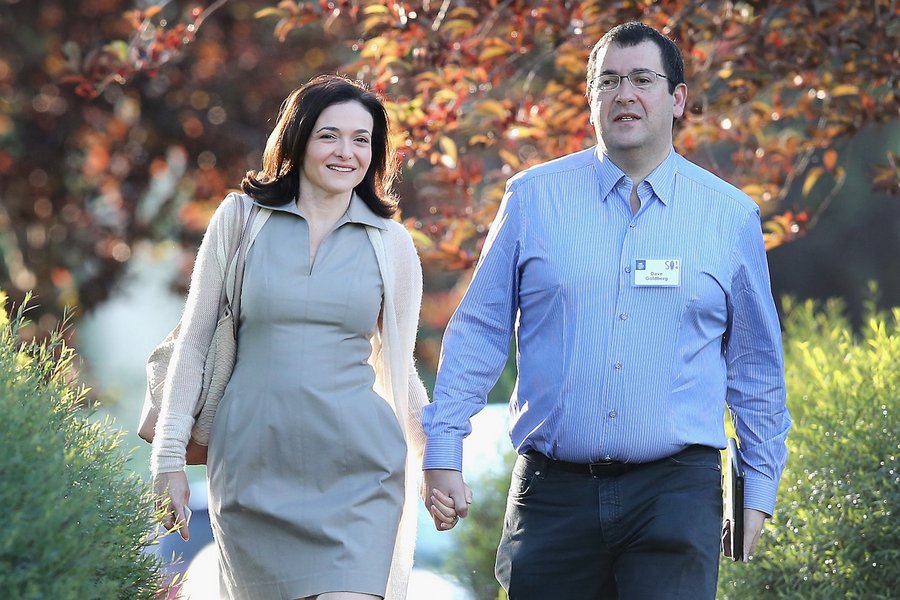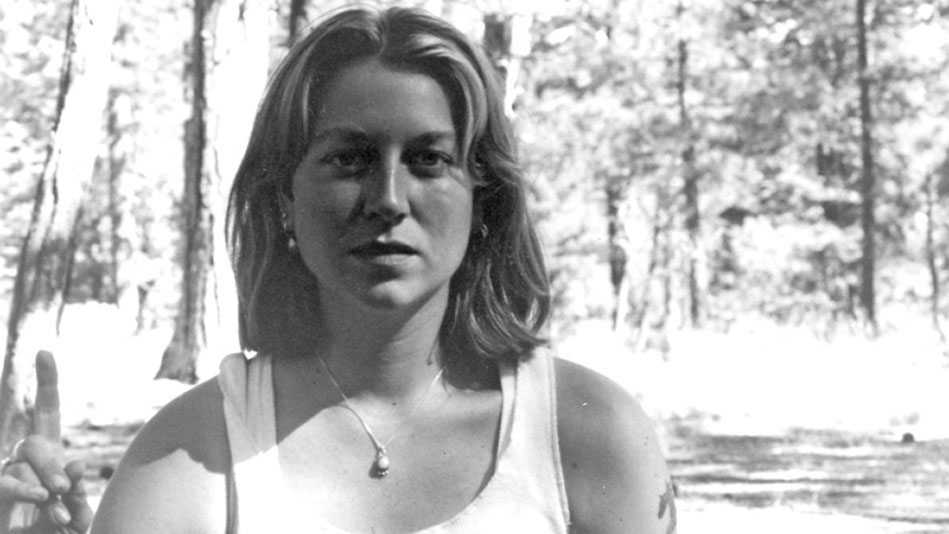Confessional writing can tear you apart, plunge deep into your darkest memories and like EM Forster would say, spread them out in the sunlight so that you as well those reading you can know the meaning of them. But there is confessional writing that seeks to understand and resolve pain and writing that just wants to be sensational, wash a few sores in public and settle a few scores.
The social media is a receptacle of both kinds of writings and it is amazing just how far-reaching a personal post can be if it strikes a universal chord.
When Dave Goldberg, the chief executive of SurveyMonkey and the husband of Sheryl K. Sandberg, the chief operating officer of Facebook died some time back, he was a news headline because of his prominence in the corporate world. But when Sheryl wrote about him on her Facebook wall, every word dripping with both love and loss, you saw him as the person he was. A husband, a father, someone who has left behind a gaping wound his family will take a lifetime to get used to.
There was instant outpouring of sympathy from all over the world as the post went viral and people saw glimpses of their own losses in lines like, “A childhood friend of mine recently told me that the most powerful one-line prayer he has ever read is: ‘Let me not die while I am still alive.’ I would have never understood that prayer before losing Dave. Now I do. I think when tragedy occurs, it presents a choice. You can give in to the void, the emptiness that fills your heart, your lungs, constricts your ability to think or even breathe. Or you can try to find meaning. I have spent many moments lost in that void. And I know that many future moments will be consumed by the vast emptiness as well. But when I can, I want to choose life and meaning. So I am sharing what I have learned in the hope that it helps someone else. In the hope that there can be some meaning from this tragedy. “
Sheryl wrote about the struggle to avoid sympathy as she went for the first time without Dave to her child’s school and just how futile it is to say to someone who is mourning a debilitating loss, ‘’It will be okay” because over time the shape of grief changes but it never goes away.
She wrote, “Even a simple ‘How are you?’ almost always asked with the best of intentions is better replaced with ‘How are you today?’ When I am asked ‘How are you?’ I stop myself from shouting, my husband died a month ago, how do you think I am? When I hear, ‘How are you today?’ I realize the person knows that the best I can do right now is to get through each day.”
She talked about the fragility of life, the need for support networks, the importance of seeking help and feeling grateful for everything we take for granted and to learn to say to oneself, “Option A is not available. So let’s just kick the shit out of option B.”
Author Cheryl Strayed whose visceral account of her own spiral into the depths of drug addiction and promiscuity resulted in a best-selling book like Wild (later adapted into a film starring Reese Witherspoon) is also known for her straight from the gut advice column, ‘Dear Sugar.’ She anonymously began writing the column in 2010 on the literary site The Rumpus and quickly became a sensation because when she gave advice, she revealed parts of her own soul too, unabashedly and in doing so, helped others through guilt, shame and pain. To a person dealing with guilt, she wrote,“Years after I stopped stealing things, I was sitting alone by a river. and found myself thinking about all the things I’d taken that didn’t belong to me and I began picking a blade of grass for each one and then dropping it into the water. I am forgiven, I said and I said,’I am forgiven’ so many times that it felt like I really was.”
To another person dealing with a painful past she wrote, “ Fifteen years ago, when I was sitting in a café with Mr. Sugar. We’d only been lovers for a month, but we were already in deep, thick in the thrall of the you-tell-me-everything-and-I’ll-tell-you-everything-because-I-love-you-so-madly stage, and on this particular afternoon I was telling him the harrowing tale of how I’d gotten pregnant by a heroin addict the year before and how I’d felt so angry and sad and self-destructive over having an abortion that I’d intentionally sliced a shallow line in my arm with a knife, even though I’d never done that before. When I got to the part about cutting myself, Mr. Sugar stopped me. He said, ‘Don’t get me wrong. I want to hear everything about your life. But I want you to know that you don’t need to tell me this to get me to love you. You don’t have to be broken for me.’”
Life lessons like this don’t come easy but when they come from someone who has been to hell and back and has trekked for thousands of miles on her own to find herself, you listen and learn. Take Shalin Shah, an Indian American who recently died in his early twenties of cancer but in his short life inspired millions around the world to watch the sunset everyday (check the Facebook page, Sunsets for Shalin).
He also got married, travelled and even wrote about how grateful he was to cancer. He described the experience as, “I was finally at peace, oddly fine with the news. In a way, it was extremely liberating not having to stress or worry about whether or not the treatment was working. This terminal prognosis simplified the equation. Now I just had to focus on living the rest of my life to the fullest and put all of my energy into leaving behind a positive legacy.”
All three writers mentioned here became social network heroes not because they had achieved something extraordinary but because they showed us another way to look at life. On a bad day, that is all we can give each other. A new perspective. That things may not get better. But we can always be better than who we were yesterday.
 with The New Indian Express Reema Moudgil works for The New Indian Express, Bangalore, is the author of Perfect Eight, the editor of Chicken Soup for the Soul-Indian Women, an artist, a former RJ and a mother. She dreams of a cottage of her own that opens to a garden and where she can write more books, paint, listen to music and just be silent with her cats.
with The New Indian Express Reema Moudgil works for The New Indian Express, Bangalore, is the author of Perfect Eight, the editor of Chicken Soup for the Soul-Indian Women, an artist, a former RJ and a mother. She dreams of a cottage of her own that opens to a garden and where she can write more books, paint, listen to music and just be silent with her cats.








